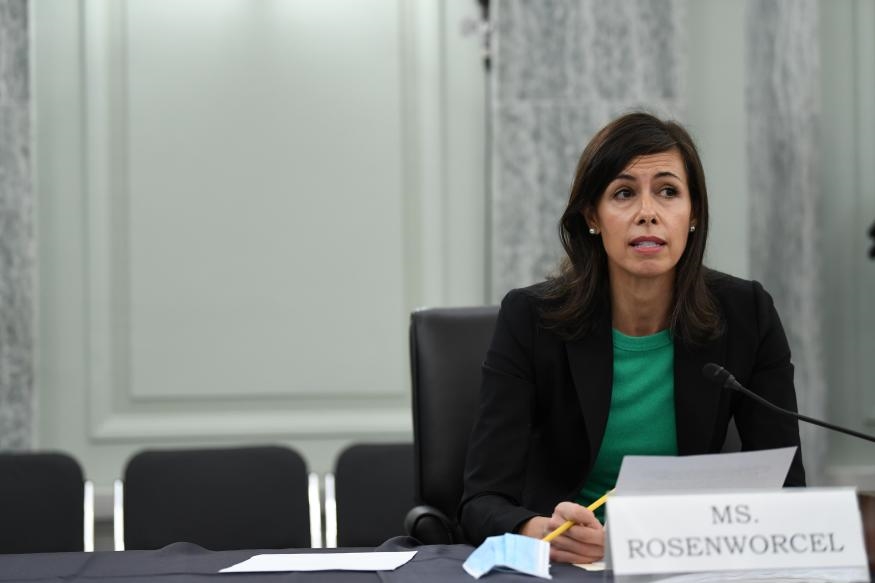FCC proposal would prevent spam callers from leaving ringless voicemails on your cellphone
Companies would have to obtain your consent before leaving a direct message.

The Federal Communications Commission could soon make it more difficult for telemarketers to leave ringless voicemails on your cellphone. On Wednesday, Chairwoman Jessica Rosenworcel shared a proposal that seeks to force callers to obtain your consent before they can leave a message directly in your voicemail box.
The proposal would effectively extend the protections of the Telephone Consumer Protection Act to cover ringless voicemails. The 1991 law prohibits telemarketers and other groups from using automated systems to make non-emergency calls to your mobile phone without first obtaining your consent. In March 2017, a company called All About the Message asked the FCC to rule that the TCPA did not cover ringless voicemails. Rosenworcel’s proposal would deny that petition.
“Ringless voicemail can be annoying, invasive and can lead to fraud like other robocalls—so it should face the same consumer protection rules,” said Rosenworcel. “No one wants to wade through voicemail spam, or miss important messages because their mailbox is full. This FCC action would continue to empower consumers to choose which parties they give permission to contact them.”
The FCC didn’t say when it plans to hold a full commission vote on the proposal. The agency’s next open meeting is scheduled for February 18th, but addressing ringless voicemails isn’t listed on the day’s agenda. There’s no guarantee the FCC will approve the proposal, but compared to a topic like net neutrality, combating spam callers is something most Americans want more action on from the government.
(47)

